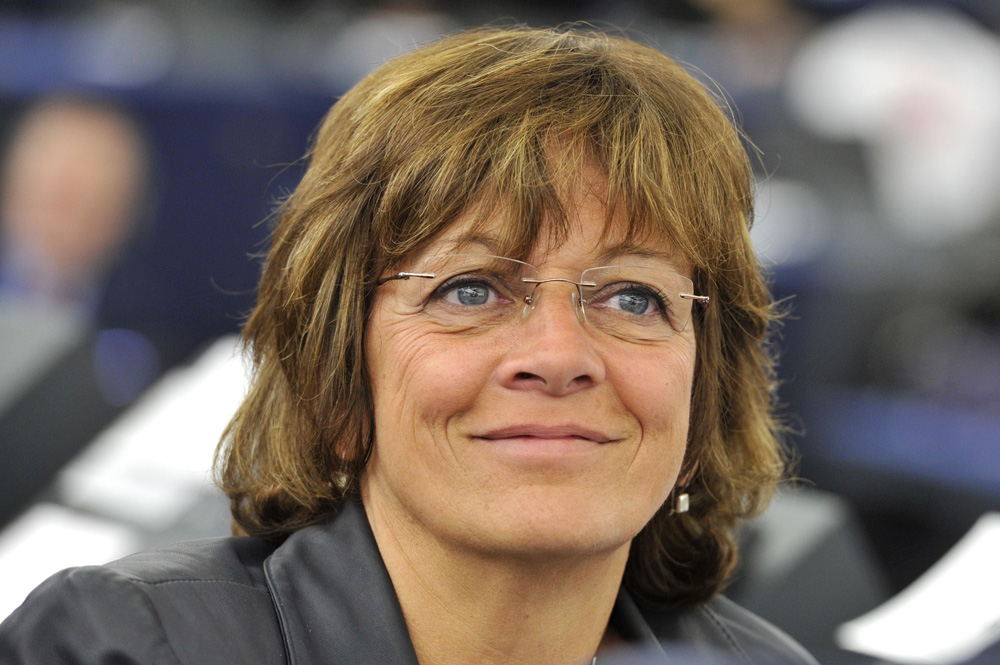By Akanimo Sampson
The Deputy Secretary-General of the United Nations Conference on Trade and Development (UNCTAD), Isabelle Durant, told participants at the largest gathering on sustainable development progress in New York on July 17 that the world needs fairer, not less, trade to promote shared prosperity.
The High-level Political Forum (HLPF) convened at the United Nations headquarters in New York from July 9-18 to take stock of the progress made on the Sustainable Development Goals (SDGs) and chart next steps towards a more prosperous world by 2030.
Geneva-based trade trio, UNCTAD, the World Trade Organisation (WTO) and the International Trade Centre (ITC), told participants at the forum that trade is a powerful means for achieving the global goals.
‘’Trade has been a major catalyst for economic growth, both in developing and developed countries,’’ Durant said, adding that it has lifted standards of living in developing countries by improving access to food, medicines and education, among other benefits.
However, the benefits of global trade have not been distributed equally, Durant observed.
While the value of trade has increased fivefold and its volume fourfold for the past 30 years, the bottom 50% of the population has captured only 12% of the total economic growth, whereas the top 1% captured 27% of it.
In 1990, world trade was about $5.00 trillion, whereas in 2018 its volume reached $25 trillion.
‘’Trade has contributed to make the pie bigger, but its shares have not been divided equally’’, Durant said, noting that some developing countries have benefitted from global trade, especially those in East Asia.
Many countries in Africa and Latin America, and small island developing states (SIDS), have not been so well served. In many of these countries, economic growth has been lower than expected, with most gains from trade being captured by a small segment of the population.
But rising inequality within countries has not been limited to developing countries.
While globalisation has led to the marginalisation of some regions, some firms and some workers, Durant observed ‘’in many developed economies too, globalisation has benefited some more than others, rendering their middle class fragile.’’
But rising inequality is not inevitable in the face of globalization, Ms Durant said in the session moderated by New York Times journalist Eduardo Porter. Good policies can make a difference in making trade more inclusive.

